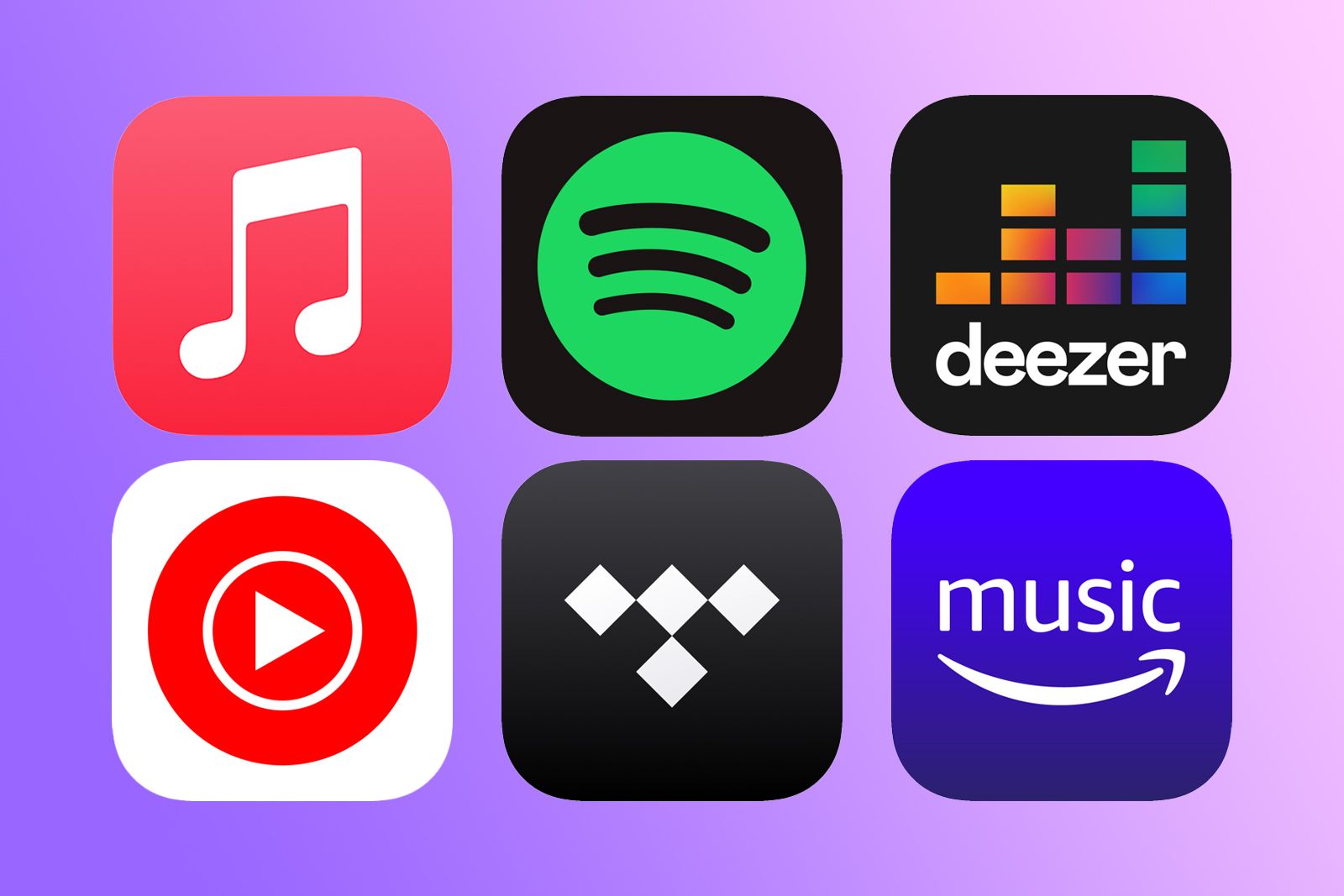Music
Music has always been a reflection of society, evolving alongside cultural, technological, and political changes. In the contemporary era, the music industry has had significant transformations due to digitalization, streaming platforms, and the rise of independent artists. My analysis explores key trends in modern music, the thematic shifts in lyrical content, and the cultural impact of today's most influential artists.
The music industry's structure has been reshaped by digital streaming platforms like Spotify, Apple Music, and YouTube. These platforms have democratized access to music, allowing independent artists to reach global audiences without major label backing. This shift has led to the rise of artists like Billie Eilish and Chance the Rapper, who gained prominence through online platforms rather than traditional industry gatekeepers. The power dynamics between record labels and artists have also changed, with musicians now having greater control over their creative direction and revenue streams.

Lyrical content in contemporary music reflects the concerns and values of modern society. Social justice movements, mental health awareness, and personal identity have become dominant themes in many genres. Hip-hop artists like Kendrick Lamar and J. Cole use their platforms to address systemic racism and inequality, while pop artists like Demi Lovato and Logic have openly discussed mental health struggles in their music. The shift from purely commercial themes to more profound, socially aware content marks an evolution in the role of musicians as cultural commentators.
The traditional boundaries between musical genres have blurred, giving rise to a more fluid and experimental sound. Artists frequently merge elements of hip-hop, rock, electronic, and Latin music, creating innovative sub-genres. The success of Lil Nas X’s "Old Town Road" exemplifies this trend, combining country and rap influences to achieve massive mainstream success. Similarly, BTS has introduced K-pop to Western audiences, blending pop, R&B, and hip-hop influences to create a global musical phenomenon.
Music consumption today is as much a visual and interactive experience as it is an auditory one. Artists leverage social media, immersive music videos, and virtual reality concerts to engage their audiences. TikTok, in particular, has played a crucial role in shaping music trends, as viral challenges and short-form videos help songs gain traction. Artists like Doja Cat and Olivia Rodrigo have harnessed this platform to propel their songs to global popularity, showcasing how visual storytelling is now integral to musical success.
Contemporary music continues to transcend borders, with international artists gaining mainstream recognition in the U.S. Latin music, Afrobeats, and K-pop have all seen unprecedented growth, highlighting a shift toward a more globalized music industry. The crossover success of Bad Bunny, Burna Boy, and BLACKPINK signals an increased appreciation for diverse cultural influences, reshaping the landscape of popular music.
As contemporary music continues to evolve, it reflects the ever-changing cultural, social, and technological landscape. The fusion of genres, the emphasis on meaningful lyrical content, and the rise of independent artists illustrate the dynamic nature of the industry. With new platforms shaping how audiences engage with music, the future promises even greater innovation and diversity in sound, storytelling, and cultural impact.
Comments
Post a Comment